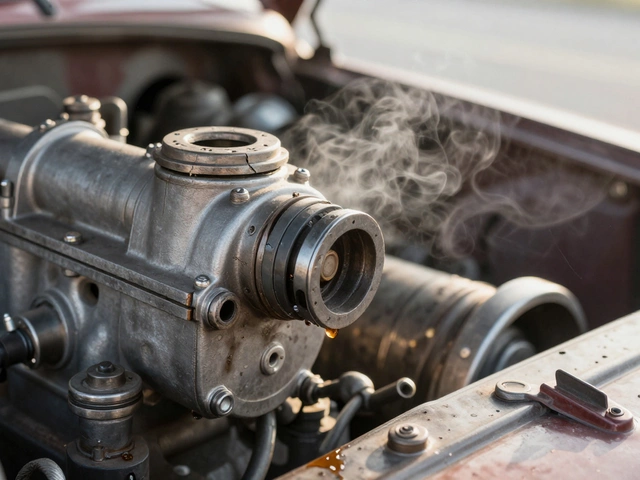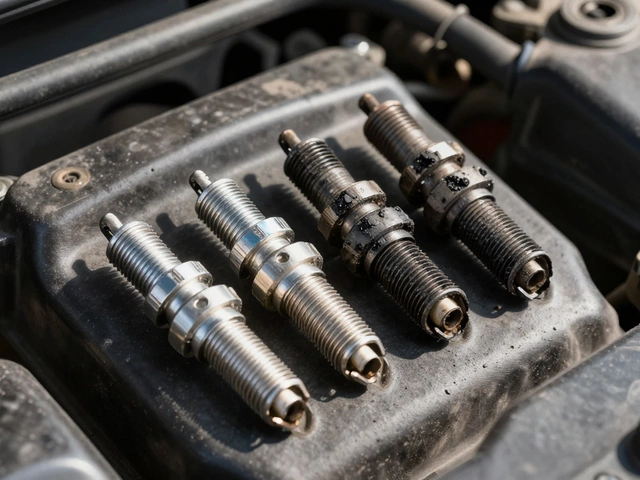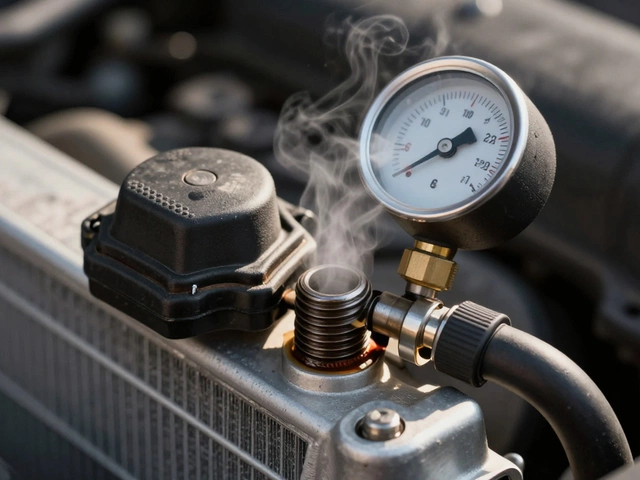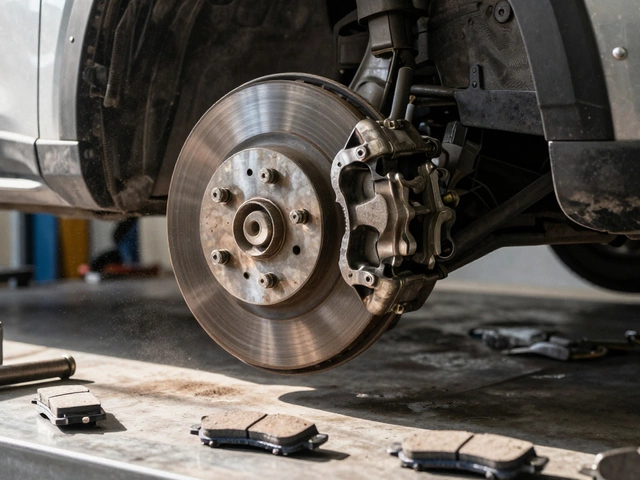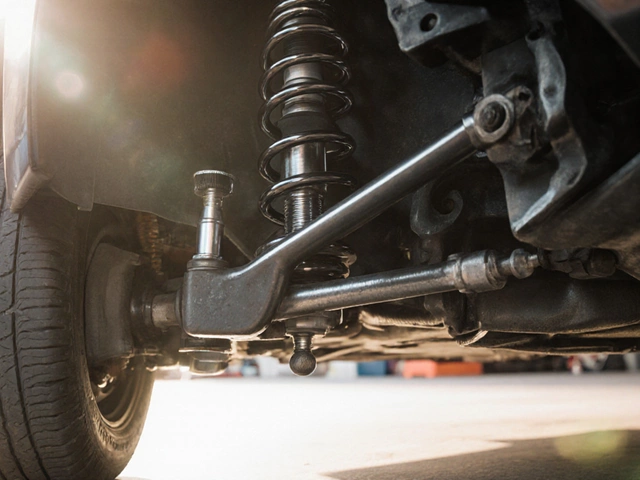Engine Health: Simple Steps to Keep Your Car Running Smoothly
Your engine is the heart of the car, so treating it right pays off. A few easy habits can stop big problems before they start. Let’s break down what matters most for engine health.
Spot the Early Warning Signs
Most engine trouble shows up with a sound, a smell, or a dashboard light. If you hear knocking, notice excessive smoke, or see the check‑engine light flicker, don’t ignore it. Those clues tell you something’s off before the damage gets serious.
Another quick test is checking oil level and color. Dark, gritty oil means the engine is working harder than it should. Fresh, amber oil is a sign you’re on the right track.
Basic Maintenance That Makes a Difference
Changing the oil on schedule is the #1 thing you can do. Follow the manufacturer’s interval—usually every 5,000 to 10,000 km—but adjust for harsh driving conditions. Use the right viscosity; the owner’s manual tells you which grade works best for your engine.
Don’t skip the oil filter. A clogged filter lets metal shavings circulate, hurting bearings and pistons. Replace it whenever you change the oil.
Air filters keep dust from entering the combustion chamber. A dirty filter reduces power and forces the engine to work harder. Swapping it out every 12,000 km (or when it looks grimy) is a cheap way to protect performance.
Coolant matters, too. Low or old coolant leads to overheating, which can warp heads or ruin gaskets. Check the level regularly and flush the system as the service guide recommends—usually every 2‑3 years.
Fuel quality matters. Stick to reputable stations and avoid old gasoline that can cause deposits. If you store a car for a while, add a fuel stabilizer to keep the system clean.
Finally, keep an eye on the belts and hoses. Cracks, fraying, or squealing noises mean it’s time for a replacement. Those parts move coolant, power steering, and the alternator; a broken belt can leave you stranded.
By staying on top of these checks, you catch problems early, save money, and get better fuel mileage. The engine stays happy, and so does your wallet.
Got a specific engine issue you’re worried about? Drop a comment or search our articles—like “What Happens If You Don’t Change Engine Oil?”—for deeper dives on each topic.

How Bad is it To Delay an Oil Change? Exploring the Risks & Realities
Delaying an oil change might seem like a simple delay, but it can have serious consequences for your engine's lifespan and performance. Regular oil changes are essential in removing dirt and keeping the engine parts lubricated. This article explores what happens when you put off an oil change, the potential risks involved, and provides tips on proper engine oil maintenance. We'll also debunk some common myths and explain how to know when it's really time for a change.
CONTINUE READING